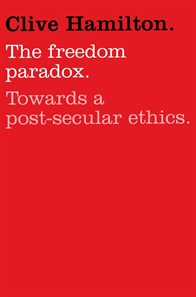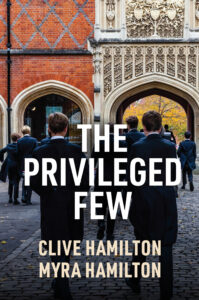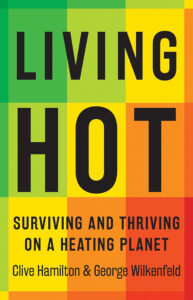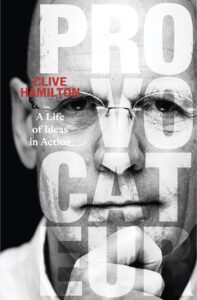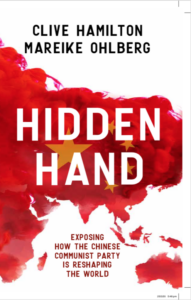A radical reconsideration of the meaning of freedom and morality in the modern world.
Why is it so many of us lack contentment, despite all the wealth and freedoms we enjoy?
The past two centuries delivered individual and political freedoms that promised unprecedented opportunities for personal fulfilment. Yet citizens of affluent countries are encouraged to pursue lives of consumerism, endless choice and the pleasures of the body.
Clive Hamilton argues that the paradox of modern consumer life is that we are deprived of our inner freedom by our very pursuit of our own desires. He turns to metaphysics to find a source of transformation that lies beyond the cultural, political and social philosophies that form the bedrock of contemporary western thought.
His search takes him to an unexpected conclusion: that we cannot be truly free unless we commit ourselves to a moral life. The implications of this conclusion are profound, and they challenge many deeply held beliefs in modern secular society.
The Freedom Paradox is a bold and important work that goes to the heart of what it means to be human.
Hear the author’s Sydney Ideas lecture on the occasion of the publication of The Freedom Paradox, as recorded by SlowTV here or replayed on ABC Radio National’s Big Ideas here or read the text under Opinion on this site.
Praise
“… an audacious attempt to build a metaphysics of morals … it is one of Hamilton’s gifts that he writes as if he genuinely seeks to engage the reader in conversation … the book works like a collection of well-connected, educative essays as well as a treatise — something which non-philosophers should appreciate.”
Brenton Holmes, The Canberra Times
“… an interesting, open-minded reflection mercifully free from fashionable opinion, dogma or ideology.”
John Carroll, Australian Literary Review
“Path-breaking.”
Justice Michael Kirby at the launch
“Hamilton is remarkably Rennaissance in his intellectual range, and now he has written an ambitious and peculiarly vulnerable book of philosophical abstraction and application …”
Pete Haye, The Monthly

